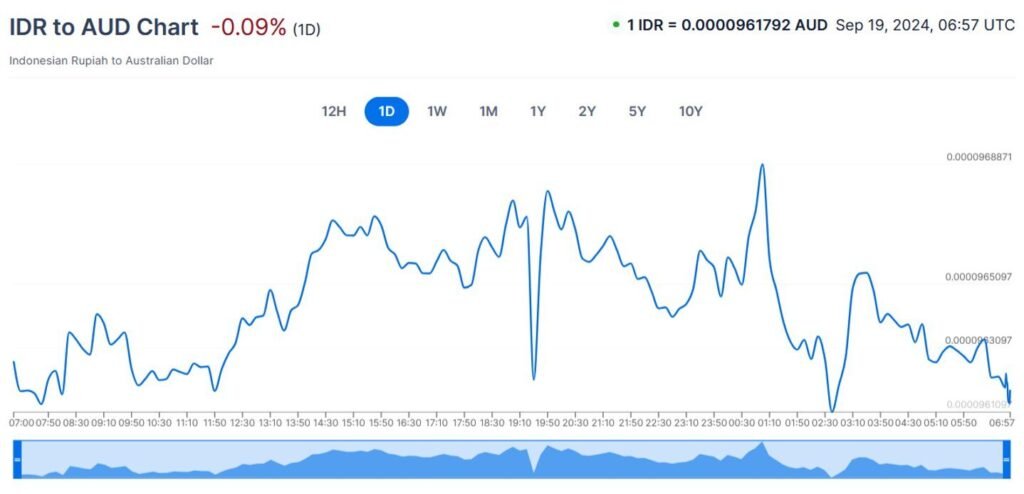Trading Psychology Indonesia: In Indonesian trading communities, more attention is now being paid to psychology as the hidden driver of success. While strategy and technical analysis are essential, a trader’s mindset can be the deciding factor between gains and losses. Trading psychology involves understanding how thoughts and emotions affect decisions in the market. For beginners in Indonesia, recognizing these patterns early can provide a real edge in building a sustainable trading journey.
Building a Solid Trading Routine

Source: DayTrading
A strong routine acts as the foundation of emotional stability in trading. It includes creating a detailed trading plan that outlines your risk limits, target profits, preferred trading hours, and market types. Following this plan consistently reduces emotional interference and increases clarity. In Indonesia’s fast-moving forex and crypto markets, a stable routine helps traders stay grounded during unpredictable moments.
Recognizing Emotional Patterns
Every trader experiences emotional highs and lows. Identifying emotional triggers—like fear of loss, frustration after a bad trade, or overconfidence after a win—is key. Fear may cause you to exit too soon, while greed might push you to hold longer than you should. By being aware of these patterns, Indonesian traders can make more rational decisions and avoid being trapped by their own feelings.
Overcoming Common Mental Pitfalls

Source: Instaforex
New traders often fall into dangerous habits:
FOMO leads to entering trades without proper analysis.
Overconfidence causes poor risk management after a few successful trades.
Revenge trading is trying to “get back” at the market after a loss.
Following social media hype blindly without verification often leads to bad entries.
These behaviors are common but avoidable. Awareness is the first step, followed by correcting the behavior through discipline and strategy.
Trading Psychology Indonesia: Tools to Support Mental Discipline

Source: Tradepa
Practical tools can greatly assist with trading psychology. A trading journal is essential for reviewing your thought process and emotional state with each trade. Writing down your reasons for entering or exiting helps reveal biases or repeated mistakes.
Risk management tools like stop-loss and take-profit orders serve as emotional buffers—allowing trades to close without you reacting emotionally in real time.
Trading Psychology Indonesia: Applying the Mind-Method-Money Strategy
This well-known trading framework is useful for Indonesian traders at all levels:
Mind – Mental strength and emotional balance.
Method – A clear, testable trading system.
Money – Capital and risk control.
When these three elements are aligned, trading becomes more consistent and less stressful. If one is weak—like trading with a poor mindset or inconsistent method—it affects your entire performance.
Trading Psychology Indonesia: Taking Breaks to Reset the Mind

Trading can become mentally exhausting, especially during volatile periods. Taking regular breaks helps prevent emotional burnout. If you notice yourself becoming frustrated or impulsive, stepping away from the screen allows your mind to recover. Time off also gives you the chance to review past trades more objectively, leading to better insights.
Trusting Intuition with Caution
While experience can create strong instincts, it’s important not to confuse gut feelings with impulsiveness. True trading intuition develops after many hours of market observation and learning. Beginners in Indonesia should focus on following their systems rather than relying on emotion-based hunches. Let your experience shape your instincts—not your fears.
Final Thoughts: Mastering Trading Psychology Indonesia
A trader’s most powerful tool isn’t a chart pattern or indicator—it’s their mindset. Trading psychology Indonesia reminds us that controlling emotions, maintaining discipline, and learning from mistakes are all part of the journey. For Indonesian beginners, focusing on the psychological side of trading will lead to more thoughtful decisions, reduced stress, and a stronger path toward long-term success. Emotional control isn’t just useful—it’s necessary for thriving in today’s markets.






